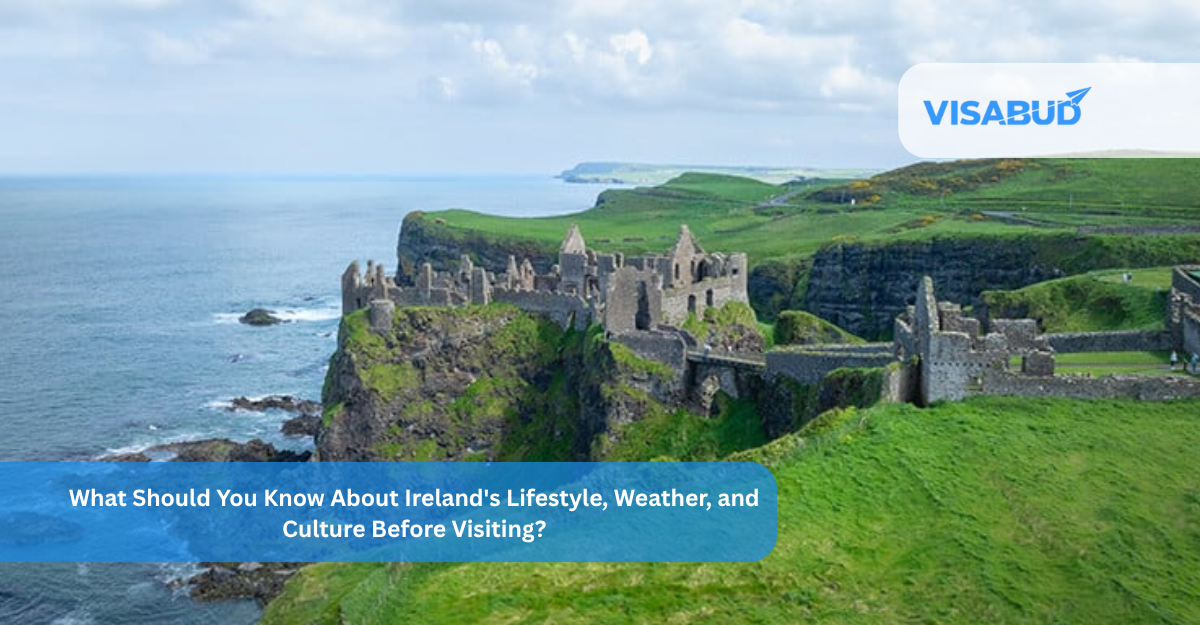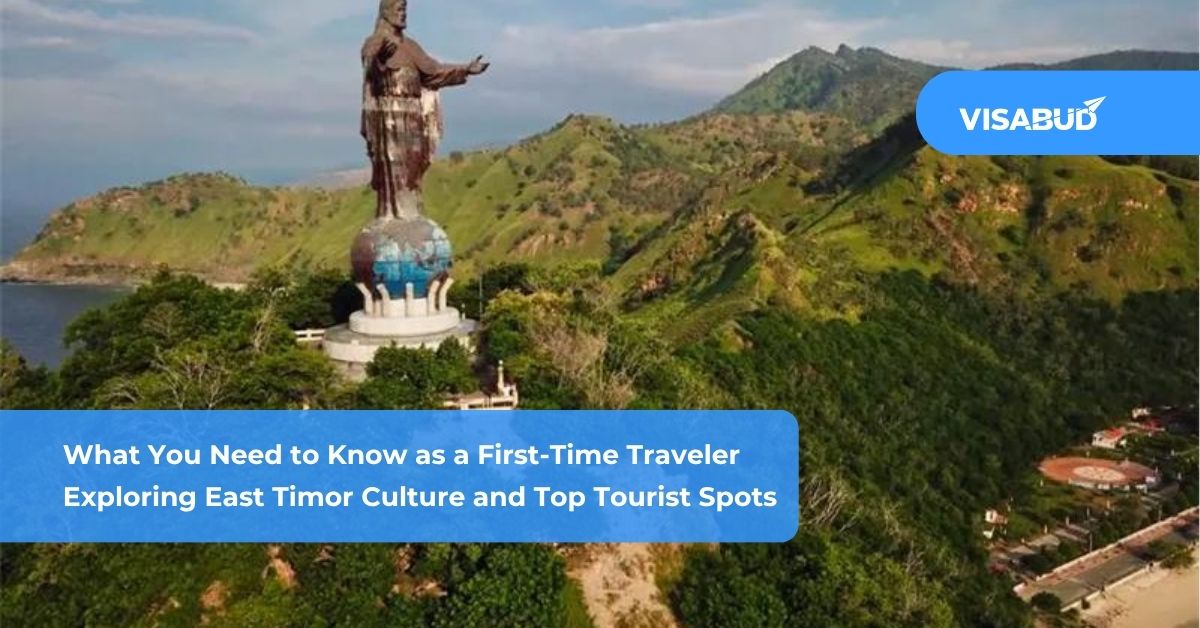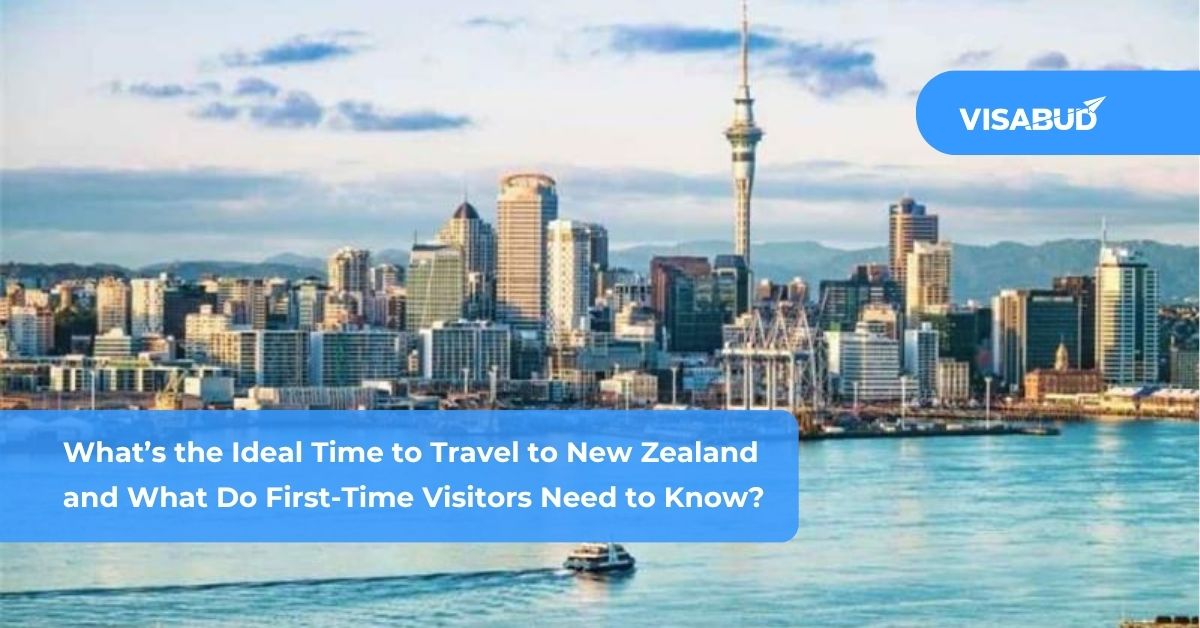Bulgaria Travel Guide: All you need to know to visit Bulgaria in 2025
Welcome to Bulgaria
Bulgaria Travel Guide
Bulgaria is situated between Greece and Turkey on the Balkan Peninsula. Its population is approximately 7 million, with more than 1.5 million residing in Sofia, the nation’s capital. Tourism has been drawn to the country for millennia by its rich history, culture, and natural grandeur. It allows tourists to discover its historical sites, take in its breathtaking scenery, and partake in its thriving nightlife. You can organize your upcoming trip to Bulgaria using this comprehensive travel resource.
Document checklist for Bulgaria
Visa
Health Declaration
Valid passport
Sufficient funds
Return airline ticket
Essential Bulgaria travel information
Currency – The Bulgarian Lev is the national currency. (BGN). 1 USD is equal to 1.90 BGN.
Daily budget for one person – The daily budget is approximately BGN 100 per individual. (USD 52).
Languages – Bulgarian.
Socket type – There are two plug kinds, categories C and F, related to Bulgaria. 50Hz and 230V are the operating power and supply in Bulgaria.
Time zone – Eastern European Standard Time (GMT+02:00).
Top 3 cities to visit – Bansko, Sofia, and Plovdiv.
Top 3 landmarks/monuments – The Tsarevets Fortress, the Plovdiv Stadium of Philippopolis, and the Alexander Nevsky Cathedral
Typical costs and budget for Bulgaria
Daily spending per person – Approximately 100 BGN (52 USD) will be spent daily.
Meals – Each meal costs roughly BGN 24. (USD 12).
Transport – Local transport BGN 20 (USD 10).
Hotel – A single room costs about BGN 54 (USD 28) and BGN 108 (USD 56) for couples.
Transport and ways to travel around Bulgaria
It will be relatively simple to get around in Bulgaria due to public transportation, which has increased as more tourists visit the nation. You can travel on its short- and long-distance bus lines to many locations within towns. This is the most widely used and least expensive mode of transportation. Additionally, some trains link to other cities in Bulgaria and nearby nations like Turkey, Greece, and Serbia.
Check the fare before entering a cab if you intend to take one; otherwise, your journey might cost more than anticipated. Pay attention to the cab meter!
Finally, you can hire your vehicle if you want more independence. It’s the finest way to travel and enjoy the country’s breathtaking scenery, and the price is fair.
Safety in Bulgaria
Traveling around Bulgaria is very secure. There are minor crimes. However, it would be best always to take precautions to journey securely to avoid problems.
Like the inhabitants of the other Balkan nations, Bulgarians are usually very welcoming and secure. Nevertheless, even though Bulgaria is safe and has a low crime rate, you should always exercise caution outside and near the major tourist attractions.
Weather in Bulgaria
Depending on what you enjoy and want to see in Bulgaria, you should decide when to visit. The warmest and longest days in Bulgaria, with 30°C (86°F) highs, occur between June and August. During these days, you can appreciate the country’s sandy shores.
Suppose you prefer not to visit during the summer because the humidity bothers you. In that case, you can go there in the spring, from April to May, when the weather is ideal, particularly along the Black Sea shore because of the climate effects of the Mediterranean.
But you want to engage in winter activities. In that case, Bulgaria’s chilly temps, which begin in October, are the ideal choice for fans of the season and those who appreciate the majesty of snow-covered roofs.
Famous cities and towns in Bulgaria
Bansko is a community well-known for its reasonably priced ski slopes in the Pirin mountains, which vie with those in France and Switzerland. You can engage in various winter activities here and appreciate fine dining, music bars, and Bulgarian taverns.
The second-largest metropolis in Bulgaria is Plovdiv, encircled by mountains in the Balkans. It has a remarkable historical past. How about sipping a bottle of fine wine and taking in the culture of the city? In this metropolis, wine caves are very common, so you can have a nice drink wherever you are. The Roman Amphitheater from the second century, the Ethnographic Museum, the Balabanov House, and temples with awesome designs are just a few of the fantastic locations you can visit in the city center.
Burgas: Burgas is a hidden gem worth exploring. Avoid the crowds and unwind on a lovely beach on the western Bulgarian shore.
Must do and see in Bulgaria
The Tsarevets Fortress dates back to the Middle Ages and is one of Europe’s most magnificent strongholds. It would help if you visited this fortress. The royal and patriarchal residences were situated in the Second Bulgarian Empire, which controlled the area between the 12th and the 14th centuries AD. More than 400 homes, temples, and old ruins will give you the impression that time has stayed the same. Wear comfortable sneakers when exploring the stronghold because climbing it is difficult.
The Stadium of Philippopolis in Plovdiv is a historic theater you should not miss if you visit Bulgaria. One of the world’s earliest theaters, the theater was constructed in the second century AD. You might attempt to attend a show there since it is still in use.
Pirin National Park is a national gem that protects the majestic natural beauty of 70 glacial lakes, woodlands, and various animal species, including brown bears, wild boars, and gray wolves. Hiking, riding through the alpine fields, and fishing by the cascades are all excellent activities in the park.
Typical Bulgarian food to try
Tarator: A cold soup for the heat, tarator. Water, yogurt, and vegetables make up its components. Very tasty and ideal for chilling off in the heat.
French fries with sirene: Bulgarians adore fries, so that you can find this meal in every eatery. These specific potatoes have salted cheese, which gives them a distinctive taste.
Shopska salad is the most well-known and customary salad in Bulgaria. Cucumbers, peppers, and white cheese make up its components. It is simple to prepare and tasty.
Vaccine information for Bulgaria
For details on Bulgarian vaccinations, go to the CDC page.
Fun facts about Bulgaria
Bulgaria produces the finest yogurt in the globe. However, you can only find the microorganisms that lend yogurt its flavor in this nation.
The second-largest supply of natural mineral springs in Europe is found in Bulgaria.
Since 2007, Bulgaria has belonged to the European Union.
Related Articles

5 min read
What Should You Know About Ireland’s Lifestyle, Weather, and Culture Before Visiting?
🇮🇪 Planning a Trip to Ireland? Here's What You Need to Know Ireland is more than just green hills, friendly smiles, and pints of Guinness. It’s a country full of
Read More
5 min read
What You Need to Know as a First-Time Traveler Exploring East Timor Culture and Top Tourist Spots
What makes East Timor an exciting destination for first-time travelers? If you're planning your first trip to East Timor (Timor-Leste), you're in for a one-of-a-kind adventure. Unlike heavily commercialized tourist
Read More
5 min read
What’s the Ideal Time to Travel to New Zealand and What Do First-Time Visitors Need to Know?
Planning your first trip to New Zealand? You're in for a breathtaking adventure. But before you book that ticket, it's important to know when to go and what to expect.
Read MoreThe cost of a tourist visa for Bulgaria is INR 6,399.00.
Taxes are not included in the visa costs for Bulgaria, which are subject to modification upon notice by the embassy.
Typically, it takes 15 working days to complete a Bulgarian visa application.
Yes. With our tempting reductions, offers, and bargains on Bulgarian visas, you can save money, time, and effort.
No. You are not needed to travel directly to the Bulgarian Embassy. On your account, we will apply for the visa.
